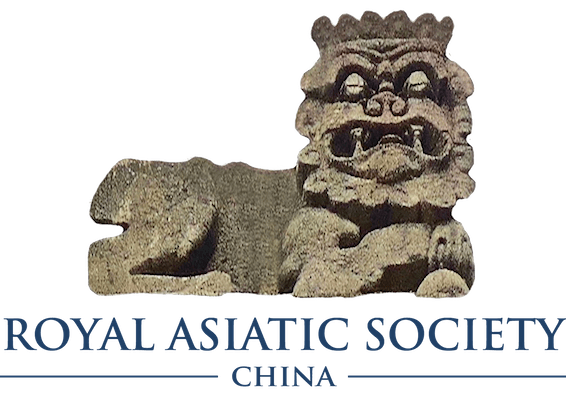RAS LECTURE
FRIDAY 21st June 2013
7pm for 7.30pm start
The RAS Library at SBC
1195 Fuxing Zhong Lu
PROFESSOR BENJAMIN A ELMAN
19th Century Science in Shanghai
After the Taipings were defeated, the weakened Qing dynasty and its literati-officials faced up to the new technological requirements to survive in a world filled with menacing, quickly industrializing nations. Literati, especially those in the new treaty port of Shanghai who had worked with the Protestant missions in the 1850s, began in the 1860s to move from their London Missionary Society positions to teaching and translating the new natural sciences for the government's new westernizing institutions such as the Jiangnan Arsenal in Shanghai. They built bridges between post-industrial revolution science and traditional Chinese natural studies.
In the 1850s, new Protestant journals such as the Shanghae Serial (Liuhe congtan) introduced new fields in the Western sciences in Chinese, rigorously categorizing them under the general rubric of "learning based on the investigation of things and the extension of knowledge" (gezhi xue). Beginning with the Shanghae Serial, the traditional literati notion of investigating things (gewu) moved from representing a methodological universal for classical learning, encompassing natural studies, to designating a specific domain of knowledge within the natural sciences. Protestant use of these terms differed from their use in Ming-Qing literati writings and in Jesuit translations. Through the translation work of Alexander Wylie, Li Shanlan, and others involved in the Shanghae Serial, the investigation of things demarcated the new Western natural sciences. A scientist was now called "someone who investigates things and extends knowledge" (gezhi shi or gewu jia). The British Royal Society was translated in the Shanghae Serial as the "Public Association for Investigating things and Extending Knowledge" (Gezhi gonghui), while the French Academy of Science was called the "French State School for Investigating Things and Extending Knowledge" (Falangxi gezhi taixue) in Chinese. After the Shanghae Serial stopped publication in 1858, the first issue of the Shanghai-based Scientific and Industrial Magazine appeared in February 1876. There were three breaks between the three series of publications before it finally ceased in 1892. Volumes 1-2 appeared in 1876-77, volumes 3-4 in 1880-81, both as monthlies, and volumes 5-7 in 1890-92 (published as a quarterly). The third series moved from the Polytechnic to the Chinese Scientific Book Depot. Advertisements were mainly from British manufacturers of machinery, tools, and scientific and industrial equipment. Some advertisements for banks, a hospital, and for consumer goods also appeared.
Benjamin Elman is Gordon Wu ’58 Professor of Chinese Studies, professor of East Asian studies and history, and chair of the Department of East Asian Studies at Princeton University. He works at the intersection of several fields including history, philosophy, literature, religion, economics, politics, and science. His ongoing interest is in rethinking how the history of East Asia has been told in the West as well as in China, Japan, and Korea. He is currently studying cultural interactions in East Asia during the 18th century, in particular the impact of Chinese classical learning, medicine, and natural studies on Tokugawa, Japan, and Choson, Korea. The editor, author, or coauthor of numerous publications, Elman’s recent books include Classicism, Examinations, and Cultural History (2010); A Cultural History of Modern Science in China (2009); and a textbook for world history, Worlds Together, Worlds Apart: A History of the World from the Beginnings of Humankind to the Present (2008). Elman has also been effective in building relationships between Princeton University and institutions in East Asia, and has taught extensively at Fudan University in Shanghai and the University of Tokyo.
RSVP: to RAS Bookings at: bookings@royalasiaticsociety.org.cn
ENTRANCE: Members 30 rmb - Guests 80 rmb
Includes a glass of wine or soft drink
Priority for RAS members. Those unable to make the donation but wishing to attend may contact us for exemption.
MEMBERSHIP applications and membership renewals will be available at this event.
RAS MONOGRAPHS - Series 1 & 2 will be available for sale at this event. 100 rmb each (cash sale only)
WEBSITE: www.royalasiaticsociety.org.cn
